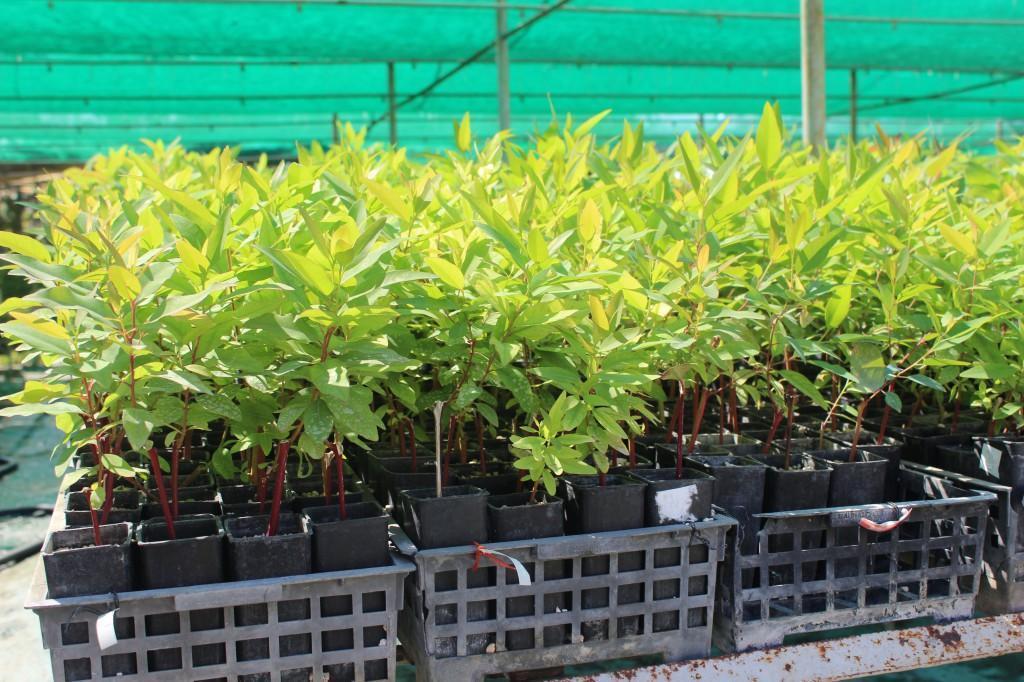
Two types of eucalyptus developed by the Agriculture and Forestry Ministry to meet the shortage of forest products and especially wood raw materials in Türkiye have entered the world forestry literature.
As a result of the study conducted on fast-growing species, two clonal species of “superior quality eucalyptus” were developed, which allows more than four times more product to be obtained from their saplings compared to the existing species.
The study has been performed on 609 original and 300 clones belonging to 191 eucalyptus species, which are used in many fields such as furniture, mining poles, pallets, boats, musical instruments, cosmetics and the paper industry.
Abdulkadir Yıldızbakan, director of the Eastern Mediterranean Forestry Research Institute, the institute conducting the study, stated that the most important way to overcome the forest products supply deficit in the nation is to focus on industrial plantations.
“As a result of these trials, extraordinary success was achieved in 'eucalyptus camaldulensis' and 'eucalyptus grandis' species. Their stronger clones which we developed have entered the world forestry literature on behalf of our country.”
The improved species reach a diameter of at least 35 centimeters and a length of 35 to 37 meters in eight to 10 years depending on climatic conditions, Yıldızbakan also said.
“Clonal eucalyptus saplings will encourage landowners to obtain economic gains in a short time in large-scale production studies. This will make a great contribution to wood production in the short term. Considering that there are at least 150,000 hectares of land in Türkiye, mainly on the Mediterranean coast, where eucalyptus can be cultivated, it becomes clear how important this work is. The species for which we have completed genetic breeding studies are highly resistant to diseases and pests and can adapt to the environment in a short time,” he added.